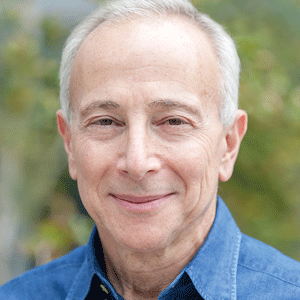Extreme Clinical Phenotypes in Drug Discovery and Medical Education
Discovery of impactful new medicines rests upon a base of strong fundamental science. Translation from discovery to therapeutic takes decades, not so much because drug discovery per se is hard (which it is) but because the relevance to disease is obscure. The clearest translational path, we have found, often is via a rare disease, where patients have a strong phenotype and genetic predisposition, and in whom clinical trials can be brief and convincing. Subsequently, it is feasible to expand utility of such novel therapeutics to subsets of disorders that are more common and heterogenous. This approach can work quite well in oncology and immunology, where we have a reasonable grasp of underlying molecular pathways. But how can we approach diseases such as autism, where genetics are complex, expressivity variable, and which are subject to powerful phenotypic influence from development and the environment? We are exploring ways that computer vision can be used to quantify behavior in the zebrafish, and lead to understanding of the fundamental biological principles of social behavior and, potentially, the discovery of new therapies for psychiatric disorders.
Physicians-in-training routinely encounter patients with phenotypically extreme disease whose disorder may speak well to underlying pathways. Unfortunately, residents today have little time to turn clinical observation into new scientific directions because they must deal with increasing acuity of care, rapid patient turnover, and burdensome documentation needs. As part of the medical residency training program at the Massachusetts General Hospital (MGH), we have introduced a rotation dedicated specifically to patients with extreme and/or confusing constellation of phenotypes. Residents synthesize data, including from scientific and clinical experts around the world, and formulate testable hypotheses about the underlying molecular pathways. These investigations have proved clinically valuable to the patient and have led to novel lines of fundamental investigation.
Presented by:
Mark Fishman, M.D.

Professor, Harvard Department of Stem Cell and Regenerative Biology; Chief of the Pathways Clinical Service, Massachusetts General Hospital
No slides availableNavigate the Site
2025 GoldLab Symposium
Save the date!
Please join on May 15-16, 2025Presenters In The News
Contact Info










